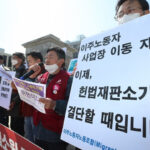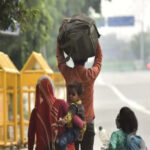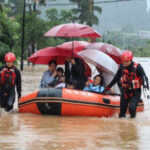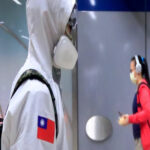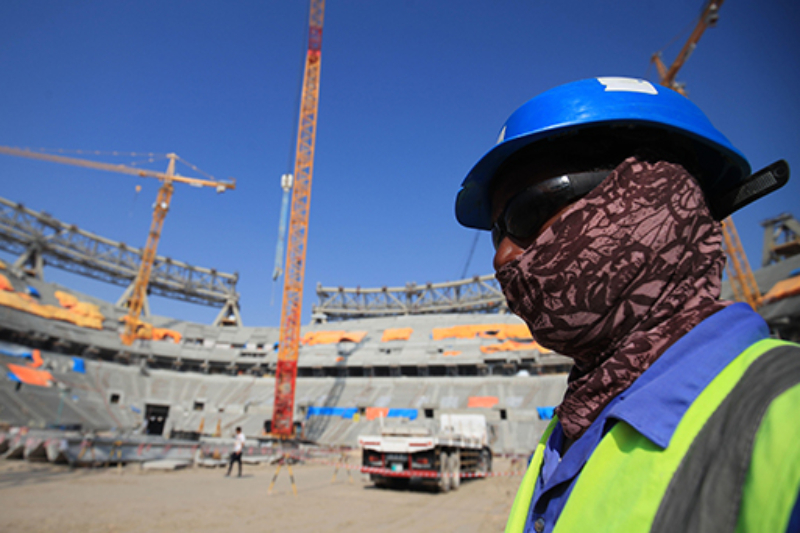
migrant construction workers
Data suggest migrant construction workers are at risk of work-related ill health, injury, and death, but better evidence to inform policymaking and improve their health is needed. In a recent survey on the conditions of migrant workers, it was highlighted that during the covid-19 pandemic, they were exposed to poor and overcrowded living and working conditions. Especially in the construction sector, they were marginalised and exploited. People from manufacturing, services, domestic work, and healthcare also faced extreme socioeconomic inequalities, barriers to health and vaccination services in host countries, and limited rights, all of which affect their physical and mental health.
It is noted that due to their living and working conditions, they could be more susceptible to infectious diseases. Some of them even bear traces of tuberculosis. Inspite of all a steady flow of migrant workers in search of work opportunities continues from low and medium-income countries to high-income countries.
Related Posts
At times of grand Sports events such as Olympic games and FIFA, the host countries undertake large infrastructure projects, including building new stadiums and extending public transportation. For their construction thousands of migrant workers, a year are needed. This brings constraints on local supply and many such jobs are filled by low skilled, low waged migrant labourers only whose working conditions and basic demands are ignored.
Rather at the construction sites of the 2014 FIFA World Cup in Rio de Janeiro and the 2012 summer Olympic Games in London, workers were found to be infected with STDs (Sexually Transmitted Disease). Big sporting events organised in hot regions expose migrant workers at the construction sites to hazards related to heat. For example, at the construction site for the 2022 FIFA World Cup in Doha, migrant workers are found to be working outdoors in the sun. Researched shows that they should be encouraged to use simple heat mitigation strategies. That includes being in shaded areas time to time and drink lots of water throughout their shifts.

